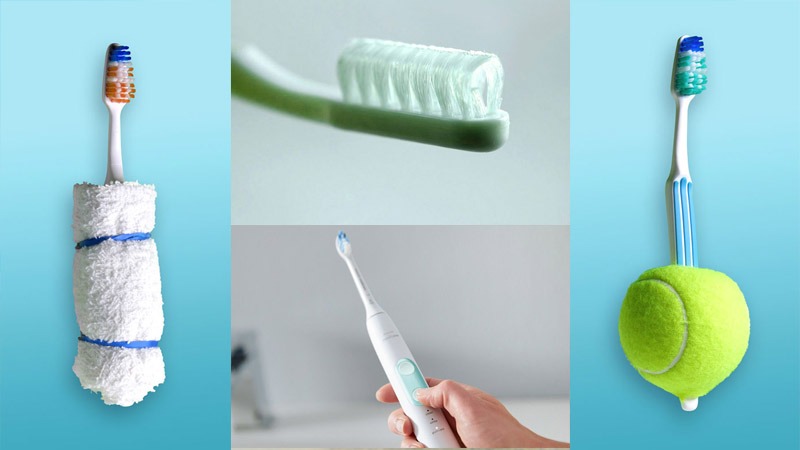A leading cause of disability in adults, the impact of stroke on affected individuals cannot be underestimated. Hospitalization, reduced food and water intake, heavy medications, and inadequate brushing during treatment make stroke patients vulnerable to oral health problems. Issues include dental caries due to plaque, candidiasis, gum inflammation, and bleeding, periodontitis, and the mucous membrane ulcer. Poor dental hygiene can also have an adversely profound effect on their physical and psychological health and overall quality of life.
Lack of coordination and cognitive concerns make it challenging for a stroke patient to maintain good oral hygiene on their own. Dr. Namrata Jadwani Takhtani is a gold medalist in MDS Prosthodontics and the founder of “The Smylist,” headquartered in Mumbai, India. Here, she shares her insights about the different types of toothbrushes ideal for stroke patients to hold and utilize effectively.
Customizing the Grip
It’s a regular toothbrush that can be modified with everyday items to make a stable grip. A tennis ball with holes cut out to insert the brush handle, a bike handlebar grip, thick washcloth wrapped around the handle, and lengthening the brush by taping a ruler are some creative solutions that can help to brush with ease.
Collis Curve Toothbrush
Another great option is the Collis Curve toothbrush. Designed as a three-sided toothbrush with bristles on both sides and the middle, it is highly effective in cleaning the top, gumline, and tooth sides simultaneously.
Electric Toothbrush
Battery-operated power toothbrushes are equally effective if the above options prove difficult for the patient. There are several variants of electric toothbrushes available from reputed brands such as Oral B to choose from. These include brushes with vibrating and spinning heads as well.
Flossing is an essential part of the dental care routine and is imperative to good oral hygiene. It removes biofilm from between the teeth and below the gum line, reducing the risk of cavity and gum diseases. Dr. Namrata states, “Flossing is mostly skipped by stroke patients, as maneuvering the tape between the teeth is difficult for them. Floss holders, power flossers, or interdental brushes are convenient options that can be used to alleviate the process.”
Emphasizing the importance of post-stroke oral care, Dr. Namrata mentions, “Patients should visit their dentist to understand how to brush effectively and care for their teeth. Also, dehydration and xerostomia are common post-stroke issues that make dental care challenging. Patients often experience dry mouth, discomfort, infections, or difficulties in wearing dentures. Hence, a regular oral assessment is essential to combat the issues and detect any deterioration of oral tissues earliest to avoid degradation of oral health and hygiene.”
This is a Contributor Post. Opinions expressed here are opinions of the Contributor. Influencive does not endorse or review brands mentioned; does not and cannot investigate relationships with brands, products, and people mentioned and is up to the Contributor to disclose. Contributors, amongst other accounts and articles may be professional fee-based.

